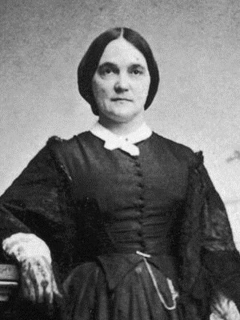A Quote by Muhammad Yunus
Long live Grameen Bank. Let the power of poor women prevail.
Related Quotes
Young women don't want to be called feminists because it's not sexy and ah they think that their mothers and grandmothers have achieved everything they want. They don't know how poor women live, how women in rural places live, how 80 percent of women in the world are the poorest of the poor, how still there are 27 million slaves, and most of them women and girls.
Poverty assumes so many aspects here in India. There aren't only the poor that you see in the cities, there are the poor among the tribes, the poor who live in the forest, the poor who live on the mountains. Should we ignore them as long as the poor in the cities are better off? And better off with reference to what? To what people wanted ten years ago? Then it seemed like so much. Today it's no longer so much.
One of the reasons inequality gets so deep in this country is that everyone wants to be rich. That's the American ideal. Poor people don't like talking about poverty because even though they might live in the projects surrounded by other poor people and have, like, ten dollars in the bank, they don't like to think of themselves as poor.
One of the reasons inequality gets so deep in this country is that everyone wants to be rich. That's the American ideal. Poor people don't like talking about poverty because even though they might live in the projects surrounded by other poor people and have, like, ten dollars in the bank they don't like to think of themselves as poor.
You are wrong when you say there is no power in being a woman. When I think of my mother and the women in my tribe, and the hidden women in the harem, I know there are many types of power in this world...I found power in accepting the truth of who I am. It may not be a truth that others can accept, but I cannot live any other way. How would it be to live a lie every minute of your life? I don't think I could do it.
When you live in a poor neighborhood, you are living in an area where you have poor schools. When you have poor schools, you have poor teachers. When you have poor teachers, you get a poor education. When you get a poor education, you can only work in a poor-paying job. And that poor-paying job enables you to live again in a poor neighborhood. So, it's a very vicious cycle.




























